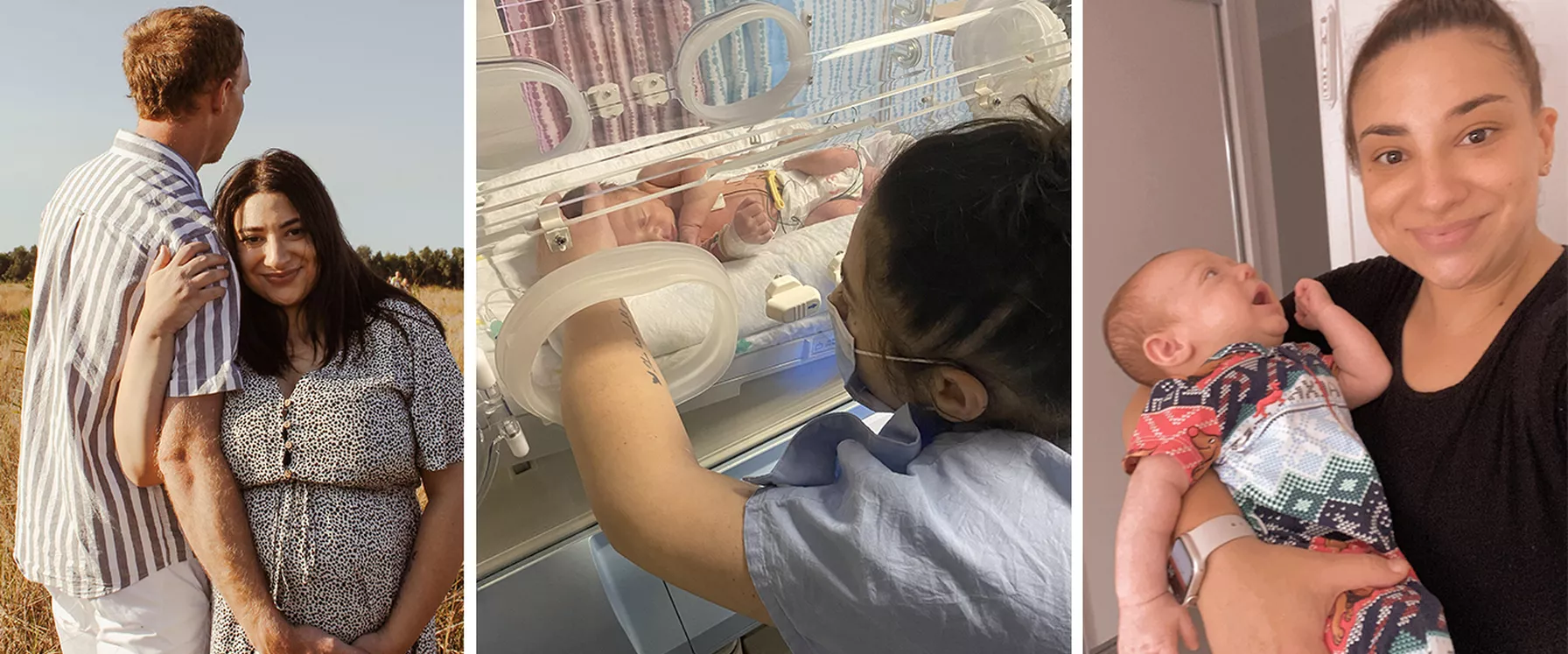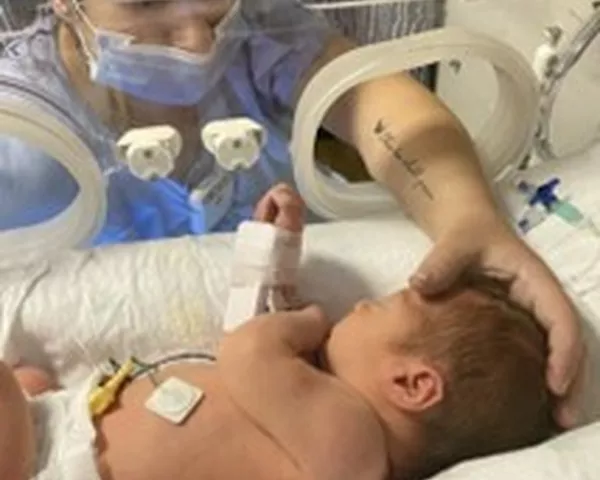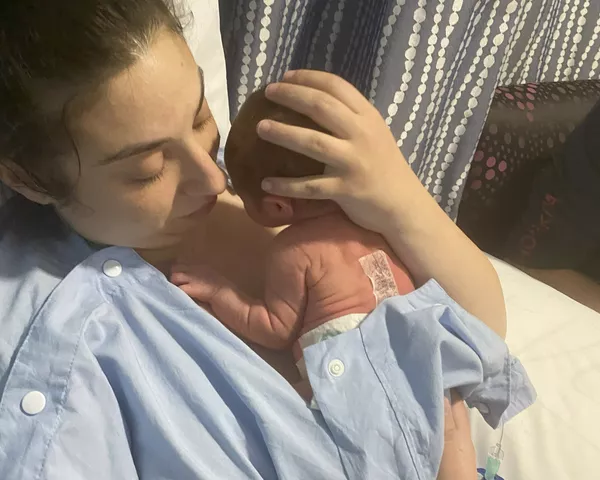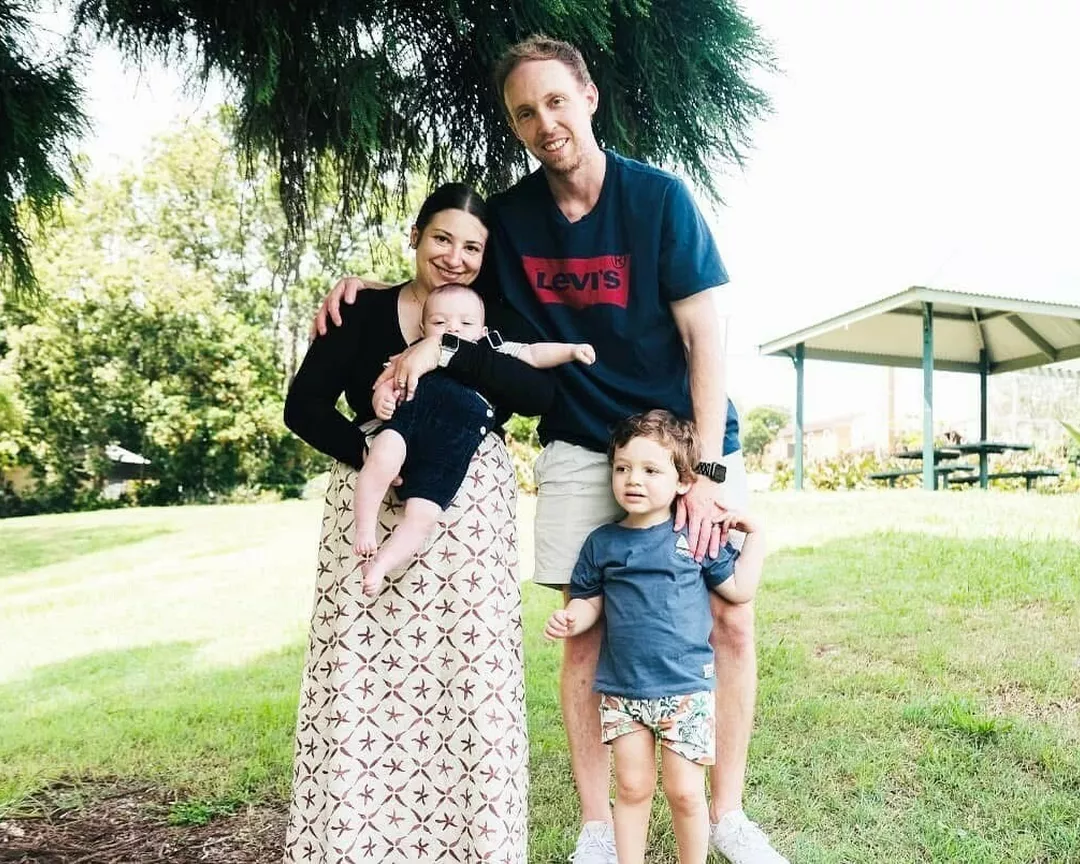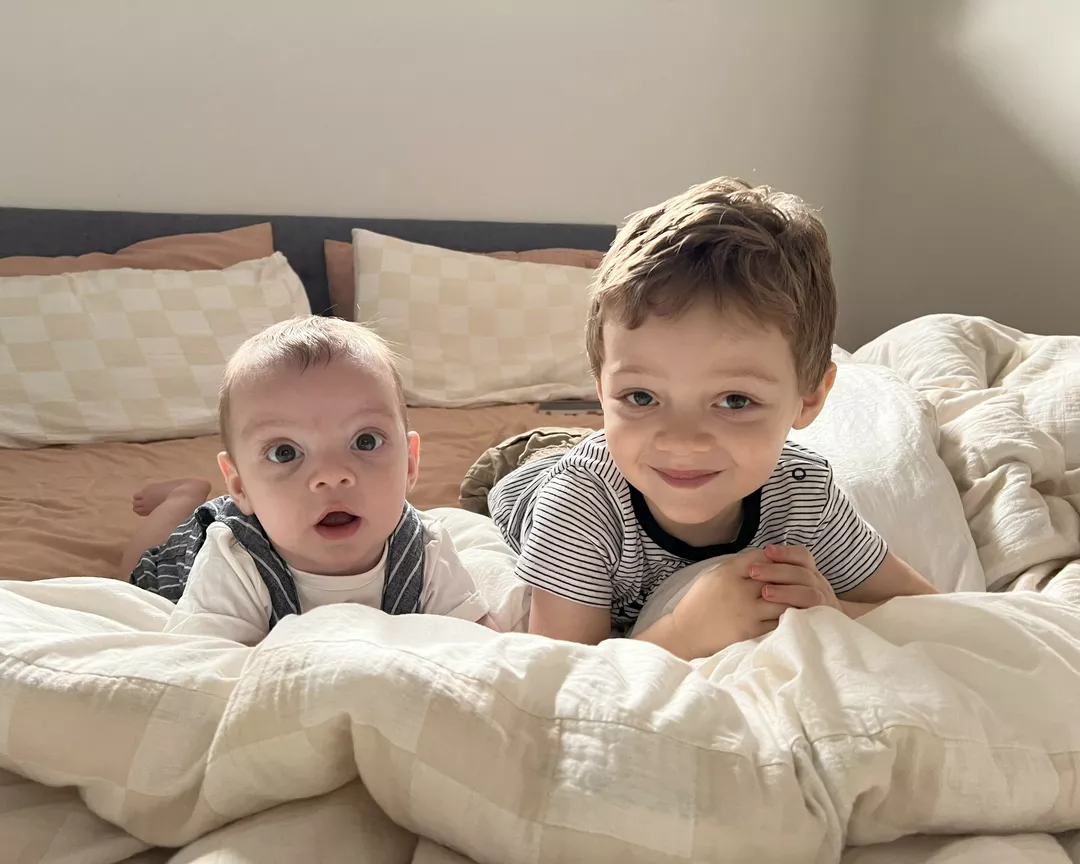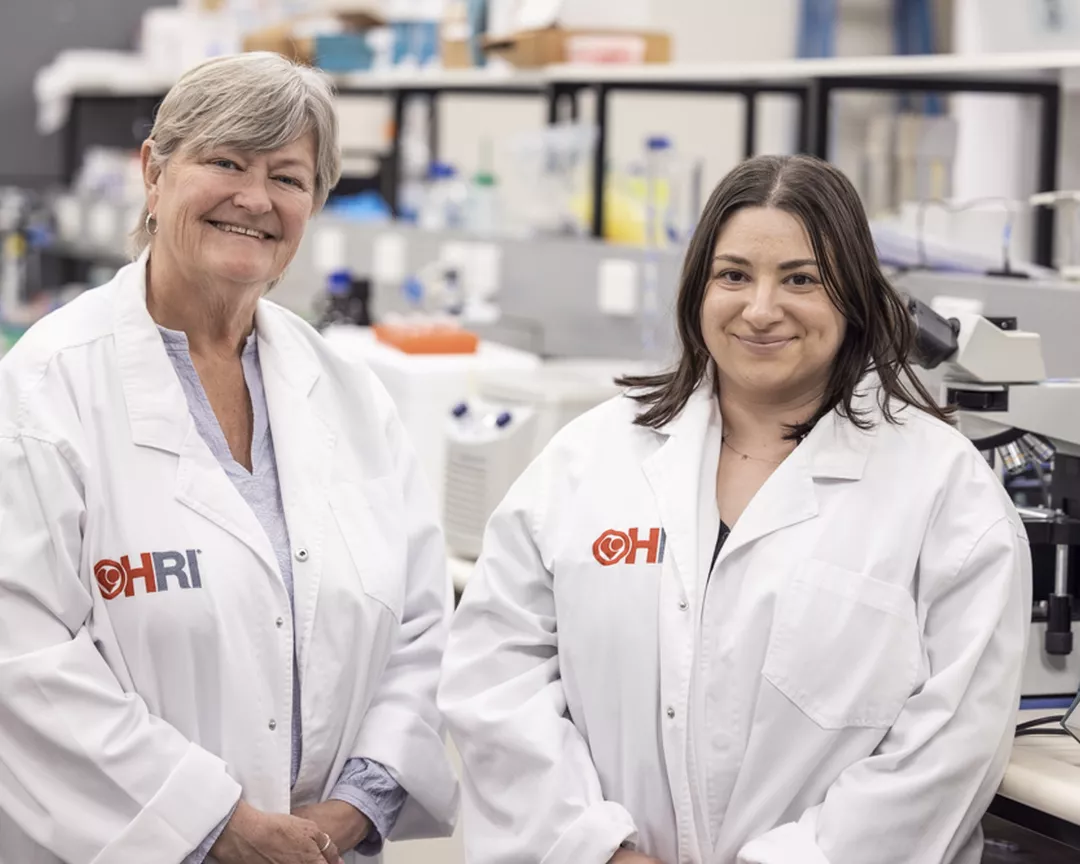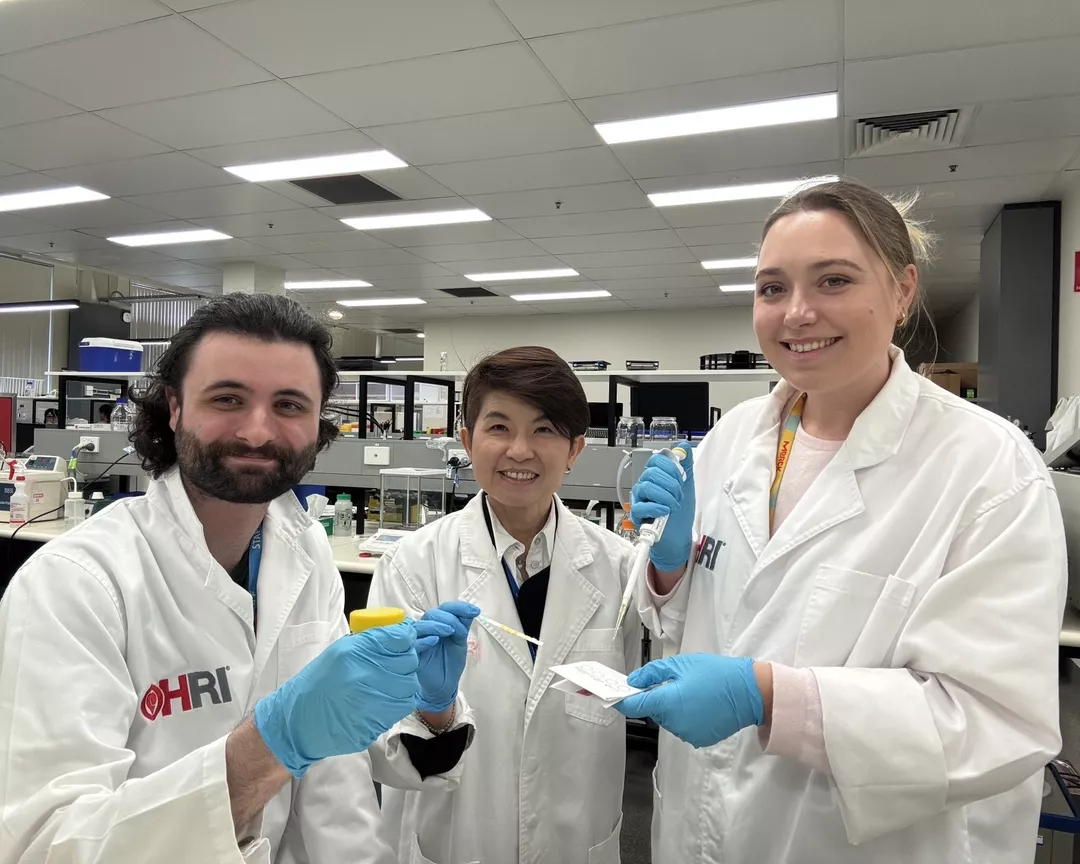When Lauren was pregnant with Arlo, she never imagined how quickly things could change. At 35 weeks, preeclampsia crept up on her so suddenly and severely that she and her baby almost died. This is Lauren's story.
For Lauren and her husband Daniel, the road to parenthood was long and painful. After years of struggling with severe endometriosis and the heartbreak of an ectopic pregnancy, they were overjoyed when 26-year-old Lauren finally fell pregnant with their son, Arlo.
But at 35 weeks, their world turned upside down.
“I had a migraine and started seeing spots,” Lauren recalls. “My blood pressure spiked, and my doctor told me to come to the hospital immediately. That evening I got the call that my blood work showed signs of preeclampsia. I needed to go straight in.
Within hours, Lauren’s organs began shutting down. Her lung collapsed. Doctors told her they had to deliver Arlo immediately.
“I woke up in ICU, my body shaking uncontrollably. I just wanted to know my baby was OK. Then I was told Arlo wasn’t breathing and had been rushed to another hospital’s NICU. I was stuck in an ICU bed, unable to meet him or hold him. It was the most heartbreaking feeling in the world.”
For more than 24 hours, Lauren was separated from her baby. Arlo fought for his life in the NICU while she battled for her own in ICU.
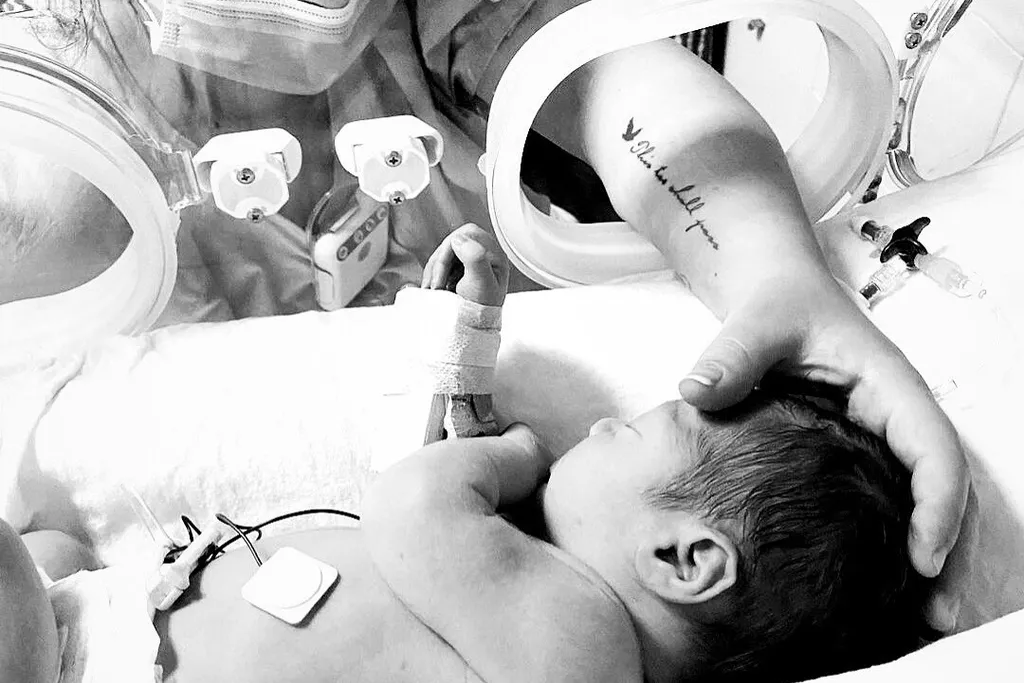
Preeclampsia stole the happiness of my newborn bubble. And I grieve that deeply.”
Eight months later, Lauren finally learned just how close to death she had come.
“They said I wasn’t breathing, and they couldn’t get the tube down my throat because it was so swollen. Arlo had stopped breathing too. It was life or death = or both of us.”
Now, three years on, Lauren is still processing the trauma of her birth experience. But she also holds onto the fact that both she and Arlo survived.
“I survived. My baby survived. We made it through something that could have taken everything.”
Preeclampsia is not rare. It is a serious pregnancy complication that can develop suddenly, sometimes with little warning. It affects multiple organs, can cause premature birth, and puts mothers at higher risk of long-term heart disease and stroke.
“I didn’t know what preeclampsia really was until it hit my body hard,” Lauren says. “One moment I was preparing to meet my baby, and the next everything spiralled. If sharing my experience helps even one mother recognise a symptom, or one partner push for answers, then it’s worth the pain of remembering.”
Hope through research
Lauren recently met Distinguished Professor Anne-Marie Hennessy, a world-leading preeclampsia researcher at the Heart Research Institute (HRI). Professor Hennessy and her team are working to develop new drug treatments and early detection tests to help prevent preeclampsia, reduce premature delivery, and improve long-term health outcomes for women.
“It was such an honour to meet Professor Hennessy,” Lauren says. “She genuinely cares and I have learnt so much from her. I want to do as much as I can to spread awareness, because research like this gives mums and babies a chance at safer, healthier pregnancies.”
If you or someone you love has experienced preeclampsia, know that you are not alone.
Left: Lauren recently met Distinguished Professor Annemarie Hennessy; Right: Dr Chia-chi Liu (centre) with Jay Ford-Robison and Georgia Watermeyer who are developing an early detection urine 'dipstick' tests for preeclmapsia
How is HRI helping?
HRI is tackling the urgent problem of cardiovascular diseases such as preeclampsia from a broad range of research angles. Our Vascular Immunology Group, led by Professor Annemarie Hennessy is currently developing early detection tests and new drug treatments for preeclampsia to allow pregnancies to reach full-term reducing premature delivery and long-term heart risks for women.
A collaborative team of HRI researchers, led by Dr Chia-chi Liu, are developing a simple ‘dipstick’ urine test to detect preeclampsia early in pregnancy. By identifying unique biomarkers, this test could flag women most at risk well before dangerous complications arise. Early detection would allow doctors to provide closer monitoring, timely treatment, and the chance to prevent many premature births and even maternal deaths. Designed to be affordable and accessible, it has potential to transform care worldwide, particularly in low-resource settings. The test, coupled with a mobile tracking app, is currently under patent application.
